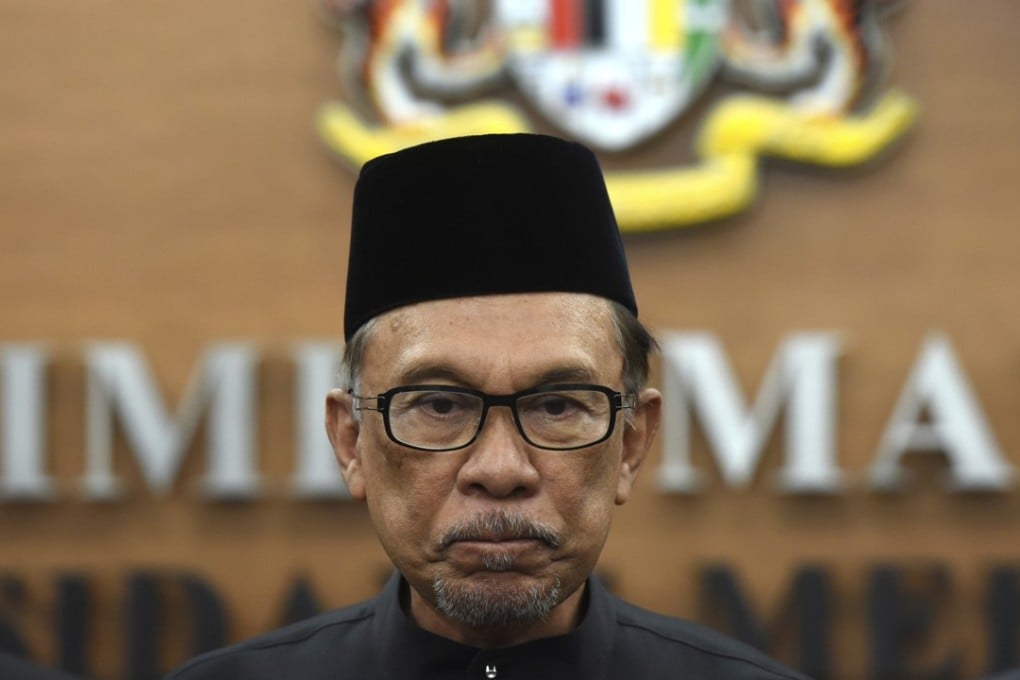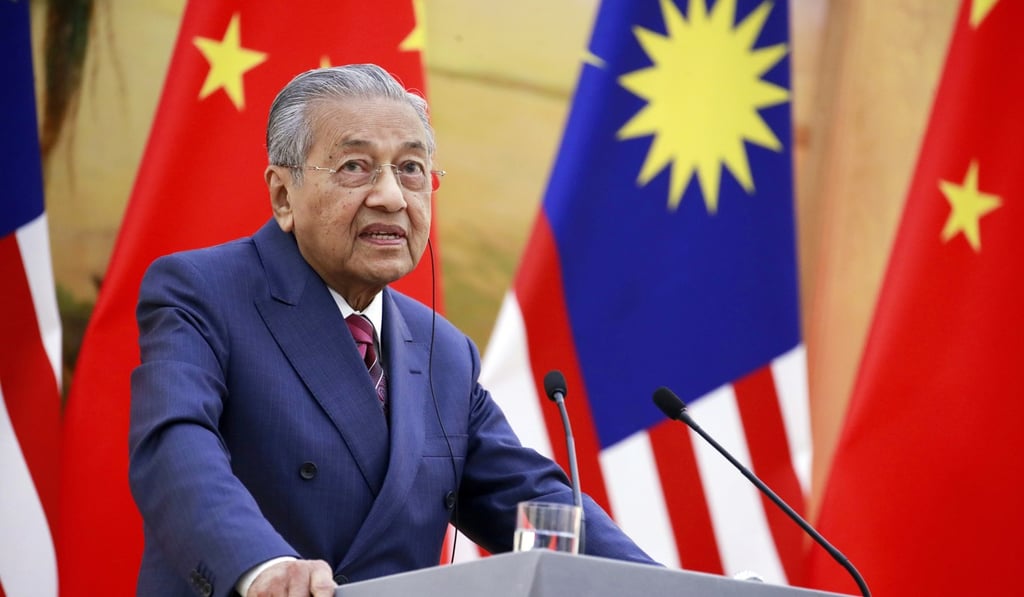Malaysia’s Anwar Ibrahim to emphasise bilateral ties and Uygur rights on China visit
- The prime-minister-in-waiting is visiting Beijing next week, meeting officials to speak on the future of China-Malaysia relations
- His support of overseas Muslims is seen as a necessary component of domestic politics in the Muslim-majority Asean country

As democracy icon Anwar Ibrahim makes his way to the prime ministership promised to him by 2020, Malaysia’s largest trade partner has begun testing the waters to see if the leader-in-waiting will continue premier Mahathir Mohamad’s occasionally adversarial approach.
In a recent interview, Anwar told Nikkei that on his trip to China next week, he would be meeting officials to speak on Malaysian rule of law and the future of China-Malaysia ties.
“They want to know from me what the future is like,” Anwar told the Nikkei Asian Review, adding that he would emphasise the need for a strong bilateral relationship.
He also urged Beijing to recognise the rights of the Uygur Muslim community, particularly their right to freedom of religion and movement, and said that any form of violence – whether by the state or by society – could not be condoned.

“Beijing wants to know if Anwar will pursue a different policy to Mahathir’s,” said James Chin, director of the University of Tasmania’s Asia Institute. “Anwar will have to take a less strong stand than Mahathir given that the latter has stature as Asia’s eldest statesman. Anwar has less political clout – but by the time Anwar takes over, the issues we see today such as cancellation of Chinese projects, will be old news and so Anwar will have less to worry about.”
Ngeow Chow Bing of University Malaya’s Institute of China Studies said Beijing was in for no surprises, as “there will be more continuity in Malaysia’s China policy rather than substantial change”.